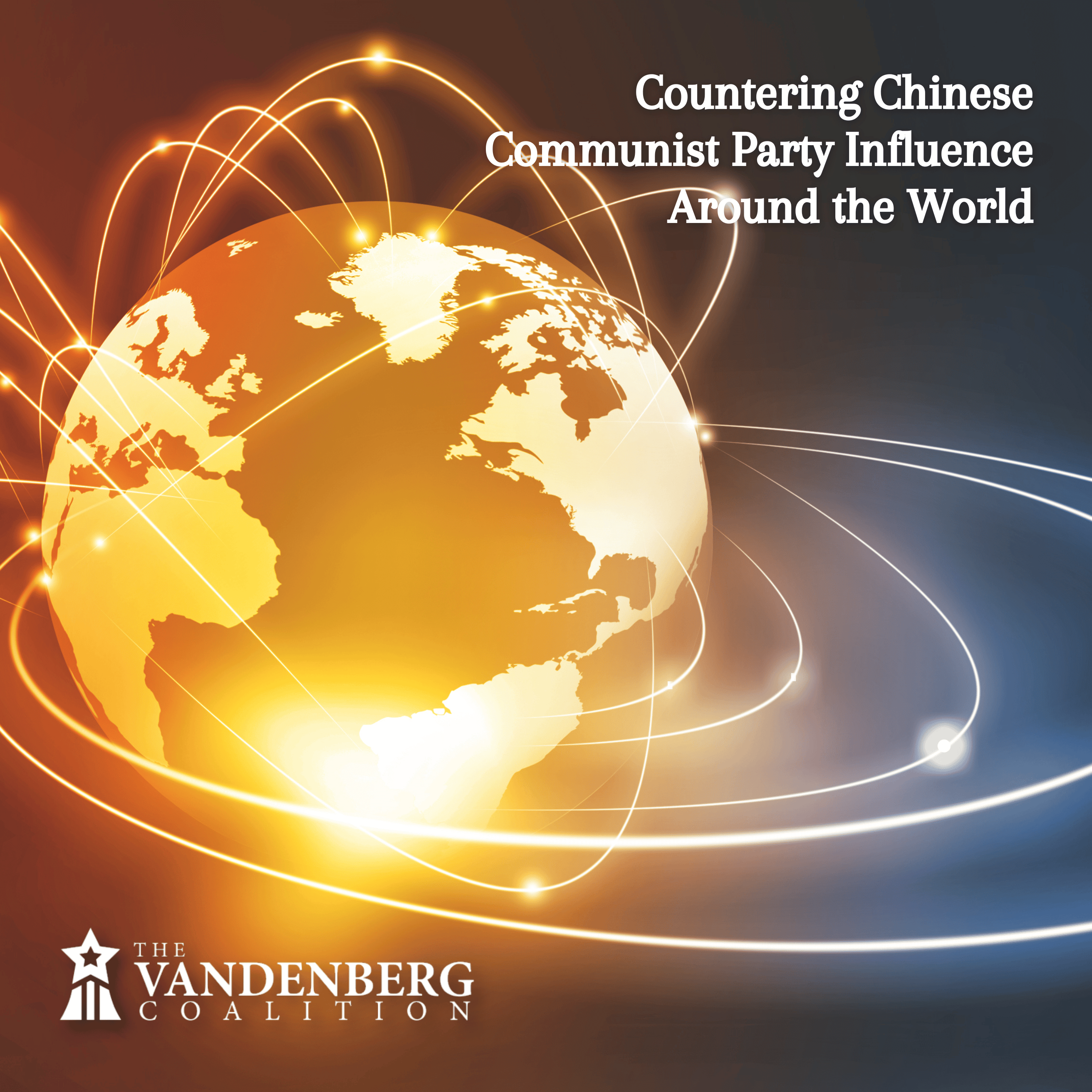- After-Shows
- Alternative
- Animals
- Animation
- Arts
- Astronomy
- Automotive
- Aviation
- Baseball
- Basketball
- Beauty
- Books
- Buddhism
- Business
- Careers
- Chemistry
- Christianity
- Climate
- Comedy
- Commentary
- Courses
- Crafts
- Cricket
- Cryptocurrency
- Culture
- Daily
- Design
- Documentary
- Drama
- Earth
- Education
- Entertainment
- Entrepreneurship
- Family
- Fantasy
- Fashion
- Fiction
- Film
- Fitness
- Food
- Football
- Games
- Garden
- Golf
- Government
- Health
- Hinduism
- History
- Hobbies
- Hockey
- Home
- How-To
- Improv
- Interviews
- Investing
- Islam
- Journals
- Judaism
- Kids
- Language
- Learning
- Leisure
- Life
- Management
- Manga
- Marketing
- Mathematics
- Medicine
- Mental
- Music
- Natural
- Nature
- News
- Non-Profit
- Nutrition
- Parenting
- Performing
- Personal
- Pets
- Philosophy
- Physics
- Places
- Politics
- Relationships
- Religion
- Reviews
- Role-Playing
- Rugby
- Running
- Science
- Self-Improvement
- Sexuality
- Soccer
- Social
- Society
- Spirituality
- Sports
- Stand-Up
- Stories
- Swimming
- TV
- Tabletop
- Technology
- Tennis
- Travel
- True Crime
- Episode-Games
- Visual
- Volleyball
- Weather
- Wilderness
- Wrestling
- Other
Navigating China's Backyard: A Closer Look at China in the Indo-Pacific Region
For the kickoff of “Countering Chinese Communist Party Influence Around the World,” leading experts cover China’s own backyard—the Indo-Pacific—to lay the groundwork for their strategic interests and activity around the world. Vandenberg Coalition Executive Director Carrie Filipetti speaks with former Deputy National Security Advisor Matt Pottinger, former Deputy Assistant Secretary of State for East Asian and Pacific Affairs David Feith, and Richard Fontaine, CEO of the Center for a New American Security, for a closer look at China in the Indo-Pacific region. In this series, the Vandenberg Coalition shifts the focus beyond the Indo-Pacific and into various regions around the world where the Chinese Communist Party continues to threaten American interests. Each episode in the eight-part series discusses China’s growing influence in a given region, how it measures against American influence, how to define our relationship with the region in light of competing priorities, and what America can and should be doing to better protect and advance our national interests. Timestamps:00:00:03 Opening by TVC Executive Director Carrie Filipetti 00:01:03 China’s true aims in Xi’s own words 00:02:23 Xi Jinping’s Leninist ideology 00:05:00 Xi’s attack on the premise of sovereign nation-states 00:06:20 Implications of a future world order with Beijing as central authority 00:08:39 Increasing totalitarian nature of the CCP’s international statecraft 00:11:57 U.S. presidential candidates’ campaign focus on China 00:14:41 Candidates united on identifying the China challenge but differ in policy response 00:16:17 Relation between U.S. semiconductor policy and defense of Taiwan 00:16:53 Taiwan as prerequisite to dominance in the Indo-Pacific 00:18:07 Impact of potential Chinese subjugation or invasion of Taiwan 00:20:03 Potential invasion of Taiwan and the disruption to U.S. economy 00:22:29 Debate on Taiwan in U.S. presidential campaigns 00:26:01 Biden Administration’s recognition of the China problem and its implications 00:26:59 Rhetoric in presidential campaigns around increased defense spending 00:28:34 U.S. leadership of regional military coalitions in countering China 00:31:24 Absence of Western economic coalitions in China strategy 00:32:34 Comparison of U.S. and Chinese military spending and preparedness 00:37:32 International implications of a ‘peaked’ China 00:42:28 Americans’ historical tendency to underestimate adversaries 00:45:49 China’s control of semiconductors and implications for U.S. supply chains 00:46:38 Costs of ‘de-risking’ and impacts on U.S. national security 00:48:46 China’s weaponization of critical mineral supplies 00:52:49 China’s economic and security coercion 00:53:34 The Biden Administration’s diplomatic approach in the Indo-Pacific and the Middle East 00:55:29 Need for a more active U.S. diplomatic approach in offering an alternative to China 00:56:48 Credibility of U.S. commitment to allies 00:59:32 Need for U.S. bilateral trade and investment agreements with TPP members 01:01:38 U.S. ‘pivot’ of military resources to Asia 01:03:33 Continued U.S. presence in the Middle East 01

